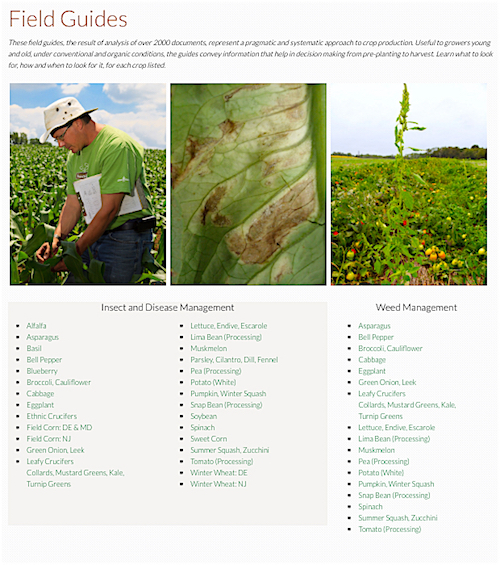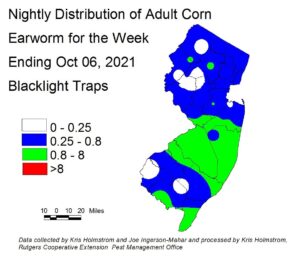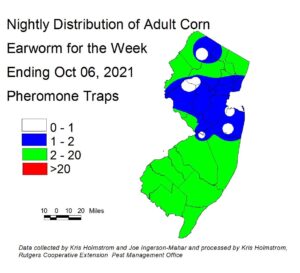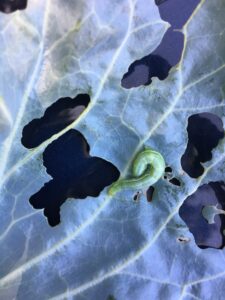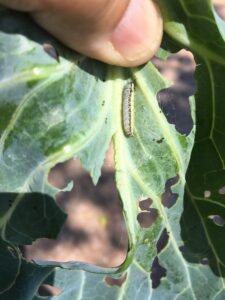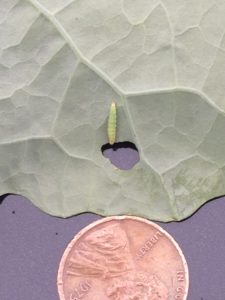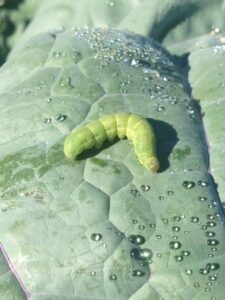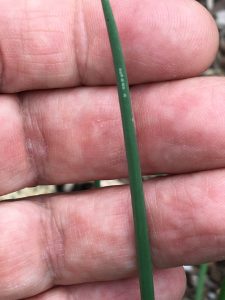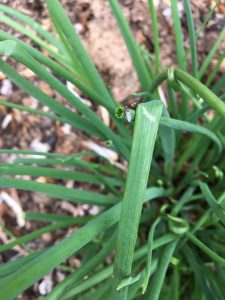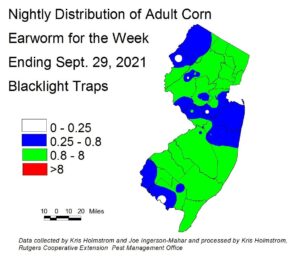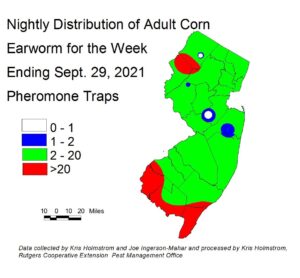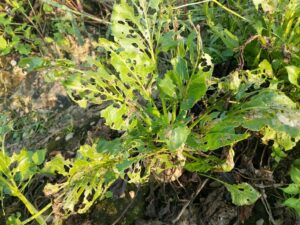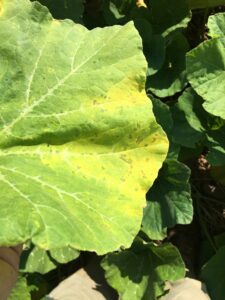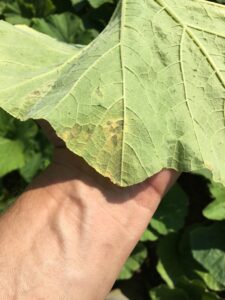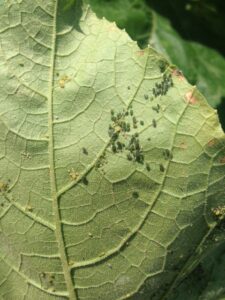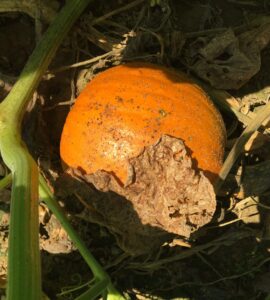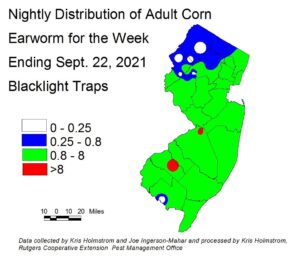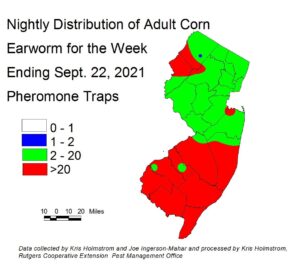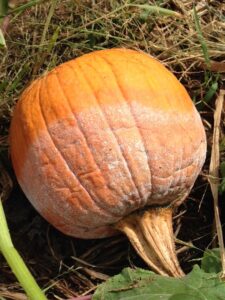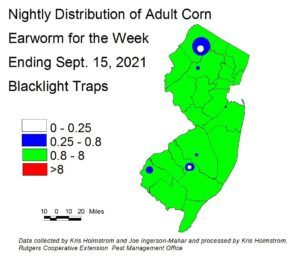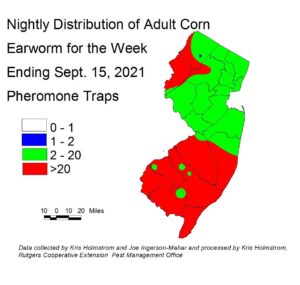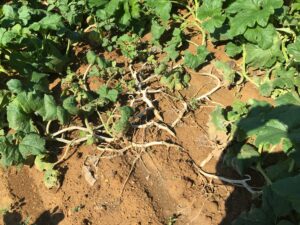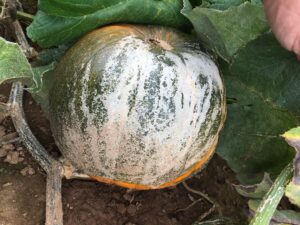The Value Added Producer Grant is administered by USDA, questions regarding the grant should be directed toward USDA State Director Ms. Jane Asselta, 521 Fellowship Road, Suite 130 Mt. Laurel, NJ 08054, Voice: (856) 787-7700 Fax: (855) 305-7343.
What does this program do?
The Value-Added Producer Grant (VAPG) program helps agricultural producers enter into value-added activities related to the processing and marketing of new products. The goals of this program are to generate new products, create and expand marketing opportunities and increase producer income.
You may receive priority if you are a beginning farmer or rancher, a socially-disadvantaged farmer or rancher, a small or medium-sized farm or ranch structured as a family farm, a farmer or rancher cooperative or are proposing a mid-tier value chain.
Grants are awarded through a national competition. Each fiscal year, applications are requested through a notice published in the Federal Register and through an announcement posted on Grants.gov.
Program Funding: $19.75 million in total available funding. Of this amount, the COVID–19 relief funds constitute $2.75 million rolled over from the FY 2021 appropriations and the other $17 million comes from the FY 2022 appropriations.
Maximum Grant Amount: Planning Grants $75,000; Working Capital Grants: $250,000.
Matching Funds Requirements: The $2.75 million in COVID–19 relief funds may include a reduced cost share match requirement of 10 percent of the grant amount. The other available funds have a statutory cost share match requirement of 100 percent of the grant amount.
Who may apply for this program?
Independent producers, agricultural producer groups, farmer- or rancher-cooperatives, and majority-controlled producer-based business ventures, as defined in the program regulation, are eligible to apply for this program.
How may funds be used?
Grant and matching funds can be used for planning activities or for working capital expenses related to producing and marketing a value-added agricultural product. Examples of planning activities include conducting feasibility studies and developing business plans for processing and marketing the proposed value-added product. Examples of working capital expenses include:
• Processing costs.
• Marketing and advertising expenses.
• Some inventory and salary expenses.
How do I get started?
-
Before you apply:
• Register your organization with the System for Award Management (SAM) if you aren’t already registered. The registration is free, but you need to complete several steps. It’s a good idea to start the registration process at least a month before any application deadline. Before you start the registration process, we suggest reading through the HELP materials available on the SAM website. Then, you will need to create an account. After you create your account by setting up a user ID and password, you can register your organization. Please make a note of your CAGE (Commercial and Government Entity) code and expiration date as well as your Unique Entity Identifier (UEI) number because you will need those for your application.
-
Additional requirements:
Please read the Federal Register notice for the details on how to apply. Applicants should put together the required information at least a month before the application deadline. The extra time allows collection of other required materials such letters of commitment or support from other organizations, a work plan and budget, and other information. Copies of required forms are available from your nearest Rural Development Office. See the Forms & Resources tab for optional forms that may assist you in developing your application.
Will I need to send any reports if I receive a grant?
Yes, if you receive a grant, you will need to send regular financial and performance reports. Your grant agreement will tell you how often you need to send the reports, what forms you need to use and what information you need to put in the reports.
Where can I get more information?
 Articles in this section contain information helpful to the NJ commercial organic grower.
Articles in this section contain information helpful to the NJ commercial organic grower.